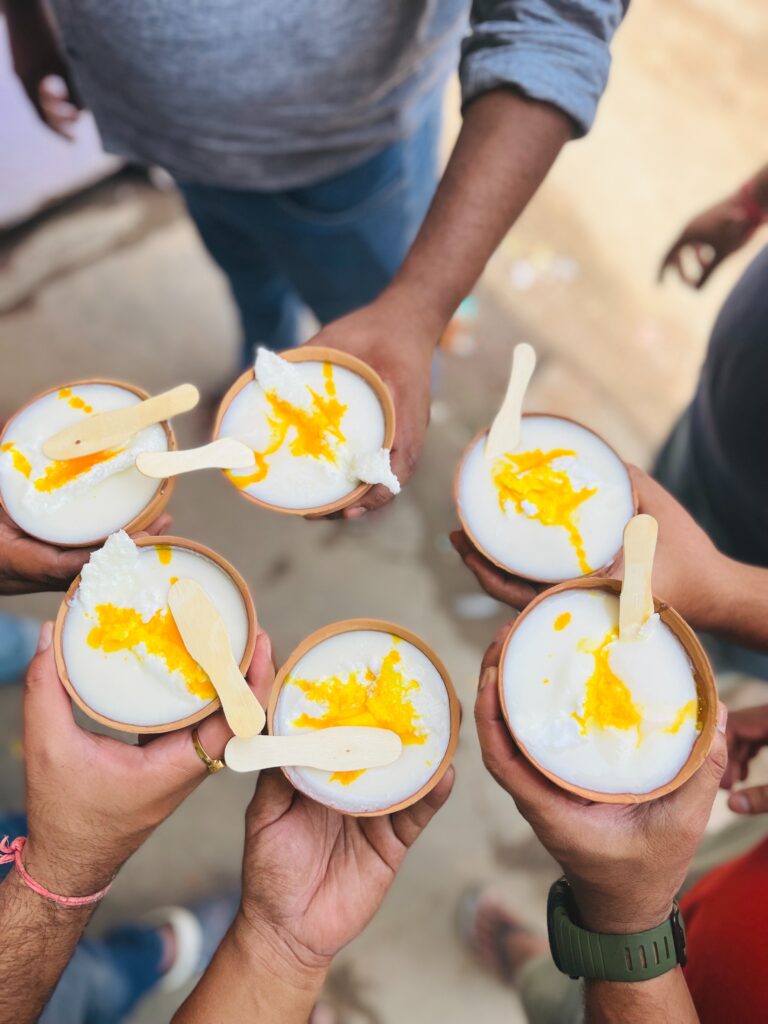Two different cultures, and a lot of takeaways.
Until we explore the other parts of the world, we can’t truly understand what we have learned and what we have yet to learn.
Learning Independence Through Culture
There can be two different definitions of independence.
- Teenage Financial Independence

First, when you claim to be independent because you either have a job or run a business. This form of independence means earning on your own, so you don’t rely on anyone for your financial needs. We often hear teenagers in Western cultures say, “Now that I’m 18 and can take care of my own financial needs, I’m independent.” At that age, they often start living on their own in a separate house, desiring no interference in their life decisions thereafter. In essence, financial independence makes one feel truly independent, which is absolutely perfect. Financial freedom is one of the greatest forms of independence, granting you the freedom to make both minor and major life decisions. It serves as a strong foundation for any human being.
- Everyday Independence

The second definition of independence relates to our day-to-day activities. Independence means being able to drive, so you don’t rely on others for transportation. Independence means being able to cook, regardless of gender, so you don’t have to frequently visit restaurants to satisfy your hunger. Independence means being able to clean your home, so you don’t feel helpless when your maid is absent, especially in Asian culture where many rely heavily on domestic help. Independence means being able to sew, iron, and polish your own shoes – all those little things you can do for yourself without constantly depending on your partner when they’re not around.
Takeaways from Western Culture
In Western culture, independence takes on a broader meaning, from having a job and living independently to managing household chores and raising children.
- Seeking Opportunities:

For instance, parents of very young children in Asian culture often rely on autos or school buses to take their kids to school, while parents in Western cultures usually handle this themselves, demonstrating their independence in providing transportation for their children.
- Ready to be Active:

When it comes to shopping, many people now prefer online shopping, regardless of where they live. However, the situation changes when urgency strikes – you have to go out on your own, especially in Western countries. There, you can hardly rely on anyone, unlike in Asian culture where you’re likely to find help from family or neighbors. Although we may crave assistance in such situations, we often feel more active when we take care of these tasks ourselves.
- Learning Patience:

Regarding refueling your vehicle, unlike in parts of Asian Culture where you don’t have to leave the car to pump and pay for petrol, in Western culture, you not only have to fill the gas but also go inside the store to make the payment. There’s no rushing; you need to be patient, no matter how tired you may feel. This entire process, from stopping the car to paying and returning, can take nearly 5-10 minutes, depending on the queue.
Foundation of Independence

It might seem insignificant – who cares if we do all these things ourselves? Yet, it’s important to understand that even taking more responsibility for your household chores can make a significant difference in your overall mindset. When you start taking charge of small tasks like making your bed or organizing your belongings, you’re building good habits, keeping your body active, and training your mind to think, ‘If I can do this, I can do that too.’ It’s a gradual process of developing a mindset that encourages trying new things.
Natural Instincts

Many studies on human behavior explain that humans tend to be inherently lazy. We tend to gravitate toward comfort and can easily fall into complacency. Staying in our comfort zone only worsens the situation.
Takeaways from Asian Culture
No one can deny that being independent is just as important as being socially connected with others. Asian culture excels in providing emotional support to people. I believe this is the most significant takeaway from there.
- Readily Available:

No matter if there are happy or sad moments, you will always find someone next to you. You hardly feel the need to have someone to talk to. You can visit anyone at any time. Evening tea gatherings are quite famous there. When almost every family member is home from the office, a few neighbors join in, and you feel connected and heard.
- Frequent Pep-talks with Others:

You don’t need an appointment to meet someone. Markets and street food locations are the best places to catch up with your friends and family. These are like stress-relieving, social interactions where you enjoy being with your loved ones in an open area.
- Spiritual Connections:

Spiritual Places in Almost Every Nook and Corner. It’s quite natural there that if you don’t feel good, you can visit the nearest temple to your house at any time during the day. Besides evening worships, the sound of prayers instantly makes one feel better.
Cultural Emphasis

How beautiful it is that one culture teaches us how to be independent and self-reliant, while another culture instills in us how to be empathetic. It’s not that one culture lacks either of these qualities; it’s more about the emphasis on different aspects of the way of life. One culture excels in one, and the other excels in the other. It’s about what we can learn from each culture, the most significant takeaways from both.











